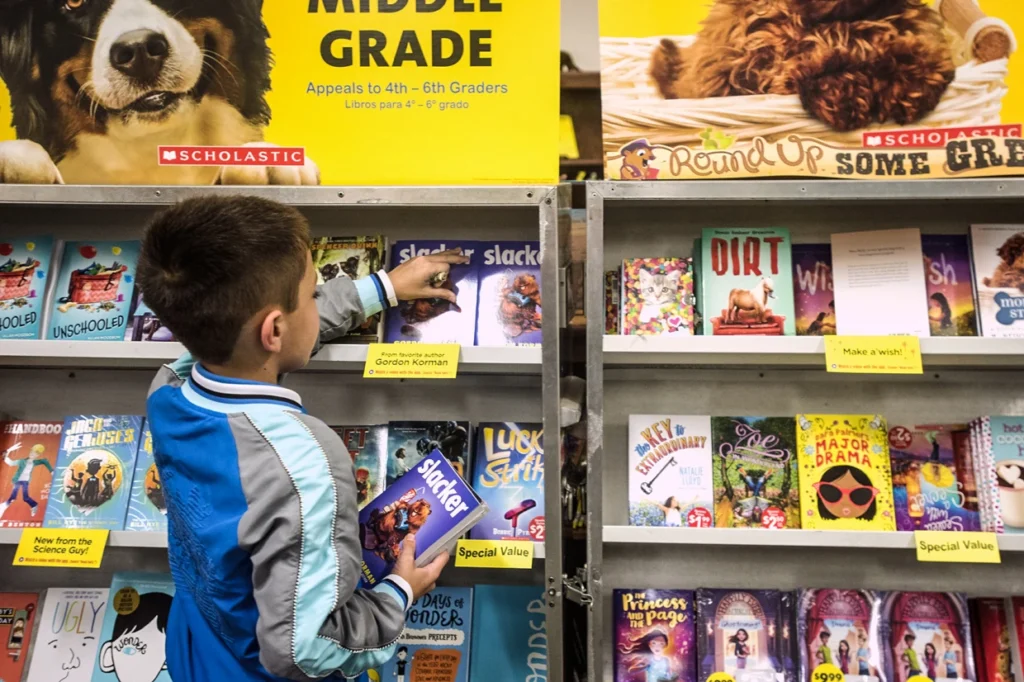Scholastic Book Fairs, a cherished institution in schools throughout the country, have lately come under fire for their book choices. Critics claim that the firm is segregating publications that address racism and gender problems, raising worries about the effect on young readers and the educational experience as a whole. Scholastic Book Fairs have long been a source of literary inspiration for students of all ages. These activities provide people access to a wide variety of books, encouraging them to read and learn. Recent complaints, however, imply that the fair’s selection may be ignoring the importance of various perspectives and experiences.
Scholastic Book Fairs, critics contend, do not provide a fair portrayal of the literary world. They accuse the book fairs of undervaluing novels that address themes of race, gender, and diversity, thus reducing the breadth of accessible tales. The availability of varied texts is critical for young readers to develop empathy, understanding, and respect for other points of view. Restricting these titles may restrict children’s ability to discover the world via books and hamper their development and awareness. Censorship and selectivity claims have caused debate, with many believing that the fair should be a platform for supporting a diverse variety of perspectives and stories rather than possibly restricting them. Scholastic has recognized the criticism but has said that it strives to provide a wide variety of literature. They claim that the charge of censorship is false and that they will continue to provide great material to all pupils.
Regardless of Scholastic’s reaction, the controversy surrounding book selection at fairs has heated up. Advocates for a more inclusive and varied choice of titles continue to urge for reform, highlighting the importance of literary representation that reflects all students’ experiences. This debate goes beyond Scholastic Book Fairs and highlights the larger debate over diversity and inclusion in literature. It highlights the need to provide children with a diverse range of tales in otold understanding and empathy.

The criticism leveled at Scholastic Book Fairs for possibly isolating titles based on race and gender serves as a reminder of the value of variety and inclusion in literature, particularly in educational settings. As the discussion rages on, schools, parents, and communities must push for a diverse and inclusive selection of books that represent the vast tapestry of human experiences, resulting in more educated and sympathetic young readers. This episode is a call to action for everyone interested in instilling a love of reading and comprehending the world around them in the next generation.
Read More About.

